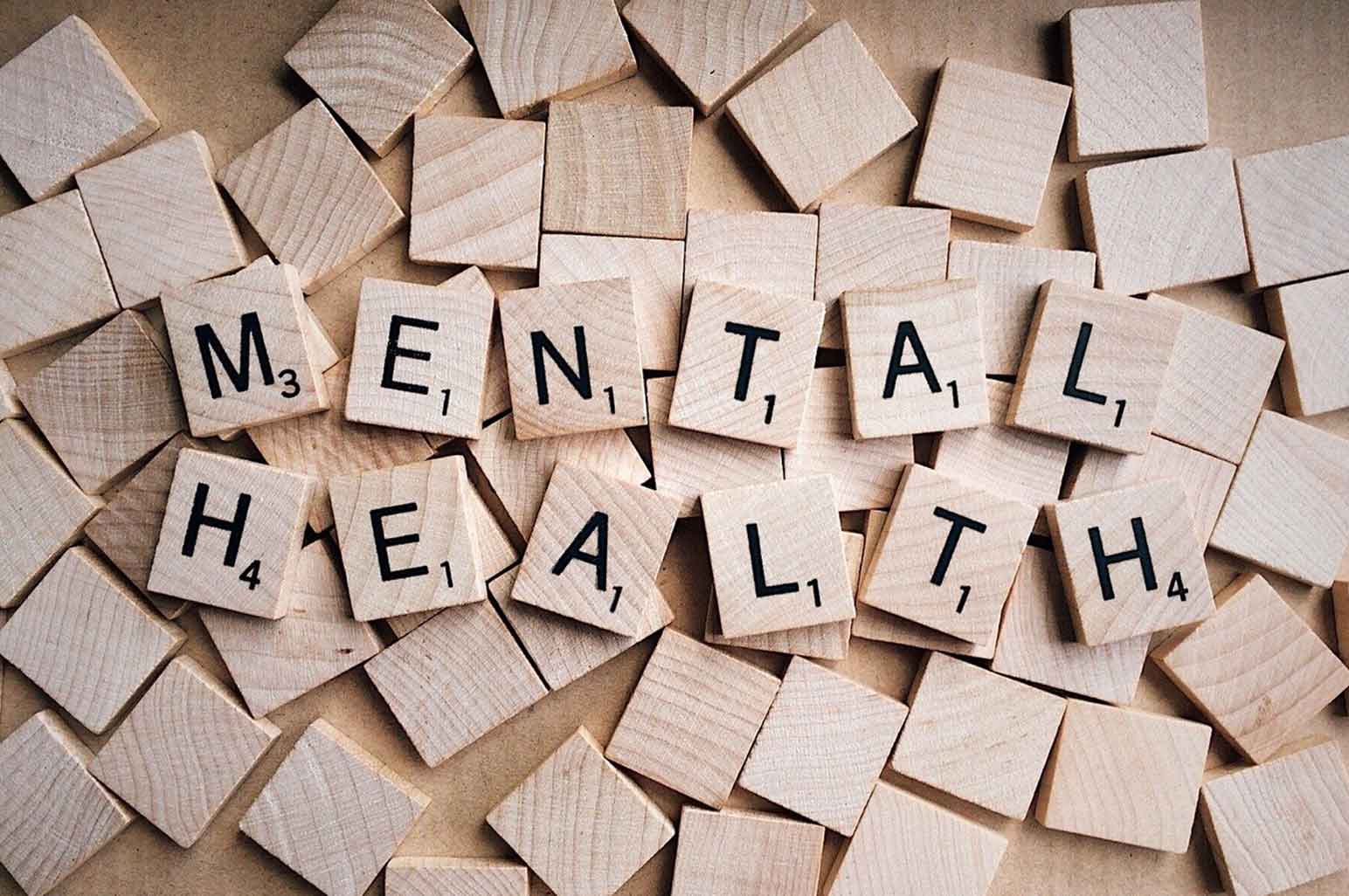
Should a person encounter an issue with their mental health, they may feel odd, ashamed, or a failure. As a result, they may resist opening up to others or seeking help. When a person’s issues are put into context, however, things can appear very different. For a start, it’s been estimated that about 19% of adult Americans have some sort of psychological issue. That amounts to 47 million people. Within this category, over 4.5% have what we would call a severe condition.
The first step for a person is to be brave and acknowledge that they have a problem. The next is to know where to go for help. That’s what this article is all about.
THE INTERNET
As always, this can be a great connector. People are enabled to find online directories and advice on the subject of mental health care. When people search the internet for help with mental illness they can discover the locations of local counseling centers. They can also learn how to book and receive sessions online.
As always, the narrower a person’s Google search, the more helpful the results will be. People can specify whether help is needed for an adult, teenager, or an entire family. Such specialized categories as LGBTQ can also be catered for.
FAMILY, FRIENDS, AND EMPLOYERS
When someone finally opens up to their family or friends about their mental health issues, it can be a great relief for all concerned. There are no more guilty secrets or bottled up emotions. In addition, the other people can do what they want the most, which is to help and advise. Something that can seem insurmountable to us may be easily resolved by others. They may quickly know what you need to do or who can help you.
Some people battling with mental illness may feel reluctant to speak to their boss at work. The reality is that their employer may already know that something is wrong, and will be happier to know what it is. Many large companies have occupational health advisers who can come alongside people. If an employer has already noticed that your work has been suffering, they will be keen to help you so you can become more productive.
HOSPITAL
Hospitalization can occur where medical professionals believe that either you are at risk – or other people – as a result of your condition. People can be taken to hospital on this basis, against their will if necessary.
The primary purpose here is to have the person closely monitored. They will stay in the hospital until a full diagnosis has been made. The medical staff will be working to help the patient’s mental state become stabilized. If new medication has been introduced, they will monitor the transition and its effectiveness.
PEER SUPPORT AND SUPPORT GROUPS
If someone receives peer support it means they will meet someone else who has battled with the same issue. It could be abuse, addiction, or PTSD. This route can help someone no longer feel unique or alone. They can also learn how the other person has progressed in their journey, and gain valuable tools from them.
Support groups can exist online or in physical locations. A person may go alone or with their family or friends if they have been affected too. The person overseeing each meeting may or may not be a medical professional. People are able to openly express their emotions and to help and encourage one another. Such groups can become close as they experience a shared journey into freedom.
A PSYCHOTHERAPIST
Professional support often involves the prescribing of medication, therapy or both. Sometimes CBT is used. This stands for Cognitive Behavioural Therapy. A patient is guided into writing down the different unhelpful thoughts that they have. For example: ‘I can’t cope,’ ‘I’ll never get free,’ ‘No one cares,’ or ‘There’s no point living.’ The patient is then encouraged to write down alternative scripts, such as, ‘I can do this,’ ‘I am an overcomer,’ ‘I am loved,’ or ‘I have a future.’
As the patient begins to replace their thoughts and self-talk over time, they actually rewire their brains to think differently. Positive emotions and positive actions then ultimately follow these positive thoughts. Besides psychotherapists, people may be able to turn to therapists, psychiatrists, clinical social workers, or professional counselors.

As we can see, there are many doorways of hope for anyone taking their first steps into freedom. When people are supported by family, friends, colleagues, and counseling professionals they can be enabled to once again live enriched and fulfilling lives.
